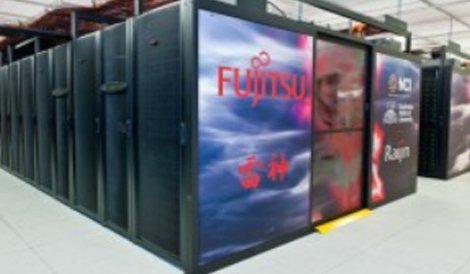Dell’s shareholders are preparing to meet in the US for the adjourned stockholder meeting to decide the fate of the company today but across the Pacific Ocean it is business as usual.
Dell signed off a AU$2m deal in one of its key areas of commitment – the Cloud – for high-performance computing (HPC) on demand for the Australian National Computational Infrastructure (NCI).
The 3,200 core HPC compute cloud based on OpenStack will use floating-point optimized Intel CPUs, high performance Intel SSDs and fat-tree 55Gbps Mellanox Ethernet interconnect and will sit alongside the NCI petascale supercomputer and the National High Performance Data Node of the Research Data Storage Infrastructure (RDSI) initiative.
It will be used for research into climate change, earth system science, geosciences and the environment, creating additional capacity for data processing and analysing, storage and the sharing of research materials.
Collaborators of the NCI, which recently received an AU$50m grant for the Australian government for petascale computing, include the ANU, CSIRO, Bureau of Meteorology, Geoscience Australia and a consortia of research-intensive universities supported by the Australian Research Council.
NCI director professor Lindsay Botten said the university already has a portfolio of cloud services and digital laboratories, but this creates an integrated platform for more ambitious research goals.
“The node capability will be enhanced by NCI’s investment in high-performance hardware – Infiniband interconnect, large memory and accelerators – and will provide extended access to cloud-appropriate applications from the extensive software library via an implementation of the NCI operating environment in a virtual machine,” Botten said.
The National eResearch Collaboration Tools and Resources (NeCTAR) Research Cloud will link with Australia’s highest performance supercomputer (27th in the world) Raijin, which has a 1.2 petaflop Fujitsu Primergy cluster which has 57,472 cores and 160 Tbytes of memory.

